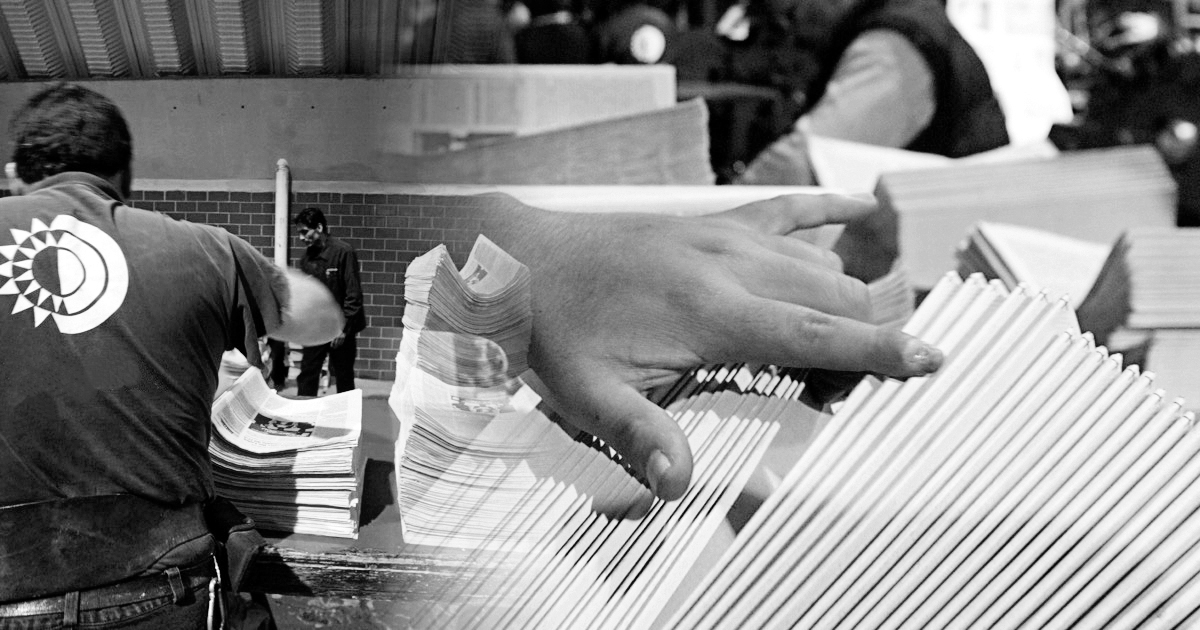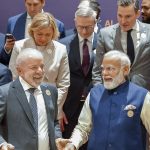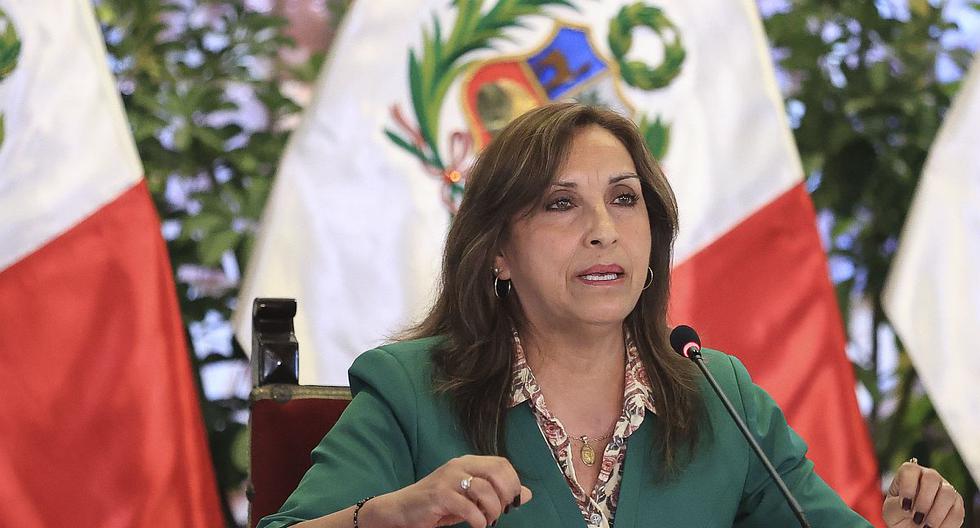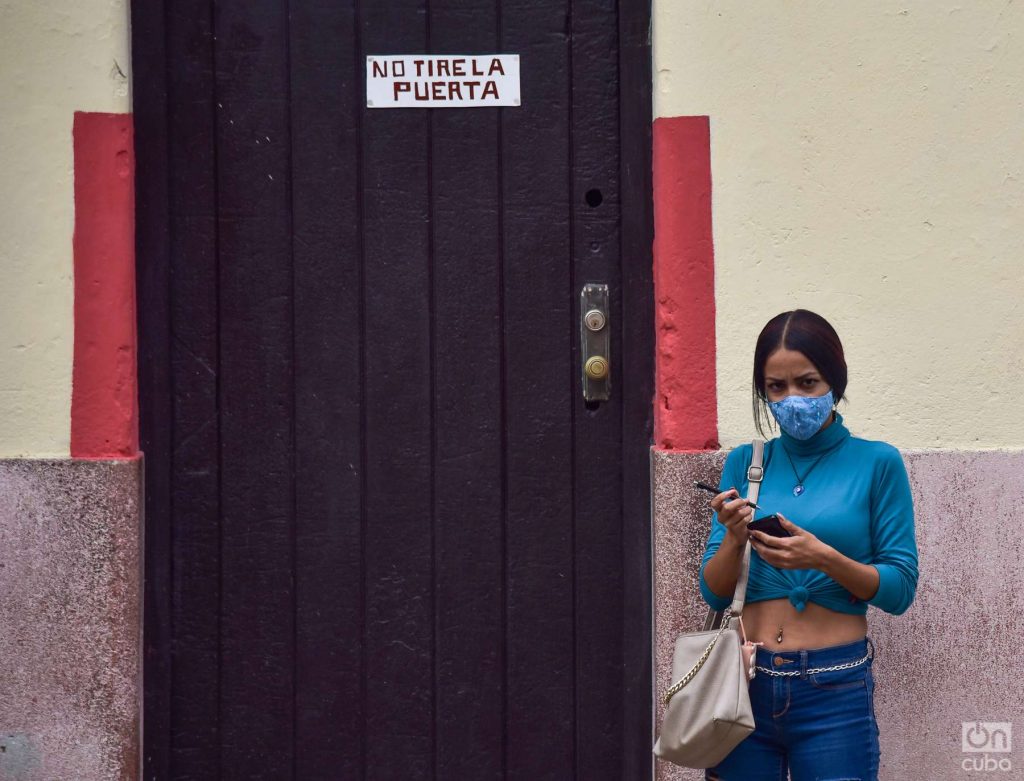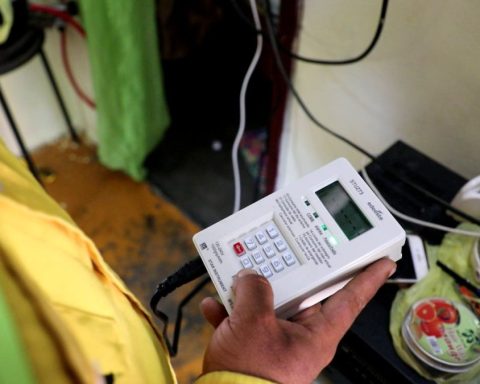h
until ago In a short time a war in Europe, on a large scale and after the terrible events in the Balkans, seemed unthinkable. But suddenly several tragic events came together. A coup in Ukraine (2014) coupled with the decision to end the Russification of Donbas, led to a serious conflict, a precursor to what followed. Armed actions lasting several years were then unleashed without raising the leading European eyebrows and far from the attention of the great press of that continent. Then came what seemed like an additional link: the task, entrusted to NATO, of including all the countries of the former Soviet orbit under its protective umbrella. They were also added to the nations bordering the Russian Federation, in its western part. Despite being warned as a dangerous climb, we clumsily continued forward. One of the red lines severely marked by the Kremlin had been reversed. Not knowing the importance of such a delicate situation, the European leadership, NATO and, especially, the Ukrainian leadership, asked for its immediate adhesion.
Previously, a referendum had been held in the Crimean peninsula to know their determination to the country of their choice. The Russian vocation was in the majority and the annexation occurred immediately without serious opposition. Other referendums followed in Lugansk and Donietsk that upheld similar dictates. This was the pretext used by Vladimir Putin to unleash the invasion that he called special operation
. A conflagration on a scale that has already lasted a year.
Goaded on by the United States, the European leadership came together to dictate a series of punitive measures, quite severe, against Russia and, especially, against the public and private leadership of that country. Shortly before this chain of positions, from being almost a European partner, Putin came to be considered a primary enemy. And that is how he has been defined in the eyes of the so-called West. A group of countries that condemned the invasion and, moreover, rigidly joined the imposed sanctions. This set of belligerents encompasses a third of the world’s population. But another huge grouping of citizens and countries disagrees with such drastic positions. Some condemn the invasion but do not sanction it. Others, on the contrary, back Russia.
The policy of the United States ran as the hardest of lines. It is about breaking Russia through the Ukrainian conflict. Its influence on NATO is decisive and induces the European one. It was like this during the presidency of Donald Trump and it continues now with Joe Biden. They have also classified China as the rival to defeat. They do not allow its concurrence as a center of world power. Even fewer accept their union with Russia. Situation that, moreover, has been consolidating better and better.
In recent days Ukraine has pushed for arms shipments that can, if not make it successful in its fight, then at least maintain parity with Russia. Modern tanks have been a nodal point in this conflict. They are expected to achieve, at least, a balance of forces. The European leadership has allowed itself to be pushed, both by the United States and by some neighboring nations, in particular by Poland and the Baltic countries, which have adopted dangerous warlike postures. The German premier and President Macron of France caved in to pressure after much litigation against it. They are aware that better weapons to the Ukraine will make the war more bitter and induce further dangerous decisions from the warring parties. Meanwhile, an escalation by the Russian side is to be expected, which can prepare other successive ones. The calculations, very much in vogue in European analysis and prospective centers, started from preaching the deterioration of the Russian economy and the breakdown of the power of its president. Matters that have been far from happening. Russia fortified itself with conscripts and weaponry. This circumstance is already making itself felt in the theater of war.
Much of what has been happening in all European power circles suggests that the initial bellicosity has been handled clumsily. Its continuation may well be the step that increases the war. The German and French peoples do not want to be enemies of Russia and their guides have declared it so, but they are intimidated and waver. The economic consequences for the populations of the continent have been dramatic due to the unleashed shortage. Losses in all economies are hard, verifiable data. Only the United States has emerged as a winner, despite suffering from a severe inflationary process.
How much the leadership of these nations in conflict can handle, with efficiency, sanity and humanity, the harsh and delicate situation generated, raises deep doubts. Once again, the memory of the null capacity of the leadership –military, diplomatic and political– that unleashed the First World War arrives.
